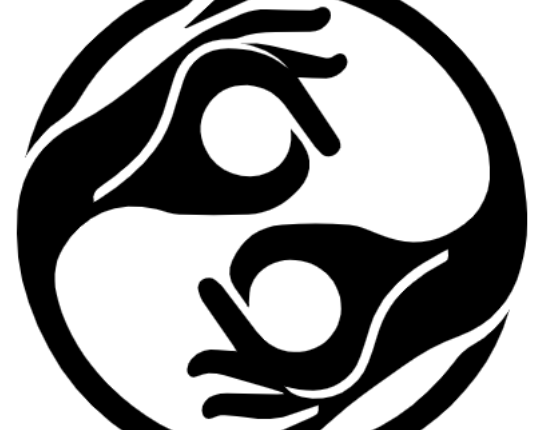Did the Universe Have a Creator? Exploring the Cosmos’ Origins
The question of whether the universe had a creator is perhaps one of humanity’s oldest and most fundamental. Did the universe have a creator, or did it emerge from some other process? This article delves into various perspectives on this complex issue, exploring scientific theories, philosophical arguments, and spiritual beliefs.
Cosmological Arguments and the Creator
From ancient myths to modern cosmology, the idea of a creator has taken many forms. Cosmological arguments, for instance, attempt to prove the existence of a creator based on the universe’s existence itself. The Kalam cosmological argument, a prominent example, suggests that everything that begins to exist has a cause, and since the universe began to exist, it must have had a cause – a creator.
The Big Bang and the Question of Creation
The Big Bang theory, the prevailing cosmological model for the universe’s early development, describes the universe as originating from an extremely hot, dense state and expanding over billions of years. While the Big Bang explains how the universe evolved, it doesn’t necessarily explain why it began or what, if anything, existed before it. This gap leaves room for speculation about a creator, with some believing the Big Bang itself was the act of creation.
- The Big Bang describes the universe’s expansion.
- It doesn’t explain the initial conditions.
- This leaves open the question of a potential creator.
Scientific Perspectives on Universal Origins
Science, by its nature, focuses on observable and testable phenomena. While it can offer insights into the universe’s workings, it struggles to definitively answer questions about ultimate origins. The question, “Did the universe have a creator?”, delves into metaphysics, a realm beyond empirical verification.
Multiverse Theories and the Role of Chance
Some physicists propose multiverse theories, suggesting our universe is just one of many. In this scenario, the conditions for our universe’s existence might be a matter of chance, a consequence of the vastness of the multiverse rather than the intentional act of a creator.
“The multiverse theory, while speculative, offers a compelling alternative to the traditional creation narrative,” states Dr. Anya Sharma, a theoretical physicist at the Institute of Cosmological Studies. “It suggests that our universe, with its seemingly fine-tuned conditions for life, might simply be a lucky draw in a cosmic lottery.”
Spiritual and Philosophical Perspectives
Across cultures and throughout history, spiritual and philosophical traditions have grappled with the concept of a creator. These perspectives often offer answers beyond the scope of scientific inquiry, focusing on purpose, meaning, and the nature of existence.
Finding Meaning in a Created Universe
For many, believing in a creator provides a sense of purpose and meaning. It offers a framework for understanding our place in the cosmos and the values that guide our lives. Even without definitive proof, the belief in a creator can be a source of comfort and inspiration.
“The belief in a creator doesn’t necessarily conflict with scientific understanding,” suggests Professor Ethan Miller, a philosopher specializing in cosmology and religion. “These are two different lenses through which we can view the world, each offering unique insights.”
“Whether through scientific inquiry or spiritual reflection, the quest to understand our origins is a defining characteristic of humanity.” – Dr. Anya Sharma
Conclusion
The question of whether the universe had a creator remains a profound mystery. While science provides compelling explanations for the universe’s evolution, it doesn’t offer a definitive answer to the question of ultimate origins. Did the universe have a creator? Perhaps. The pursuit of this answer continues to drive scientific inquiry, philosophical debate, and spiritual reflection.
FAQ
- What is the Big Bang theory? The Big Bang theory is the prevailing cosmological model for the universe’s evolution from an early hot, dense state.
- Does science prove or disprove the existence of a creator? Science focuses on observable phenomena and cannot definitively prove or disprove the existence of a creator.
- What are multiverse theories? Multiverse theories propose the existence of multiple universes, potentially explaining the fine-tuned conditions of our own universe through chance.
- How do philosophical perspectives address the question of creation? Philosophy explores the concept of creation through reasoning and logic, often considering arguments for and against the existence of a creator.
- What role does spirituality play in understanding creation? Spirituality offers various beliefs and narratives about creation, often providing meaning and purpose beyond scientific explanations.
- Is it possible to reconcile scientific and spiritual views on creation? Some find compatibility between science and spirituality, viewing them as complementary perspectives on the same reality.
- Why is the question of a creator still relevant today? The question of a creator remains fundamental to our understanding of ourselves, our place in the universe, and the meaning of existence.
© 2025, Tin Tâm Linh. ( Theo : www.tintamlinh.com )


